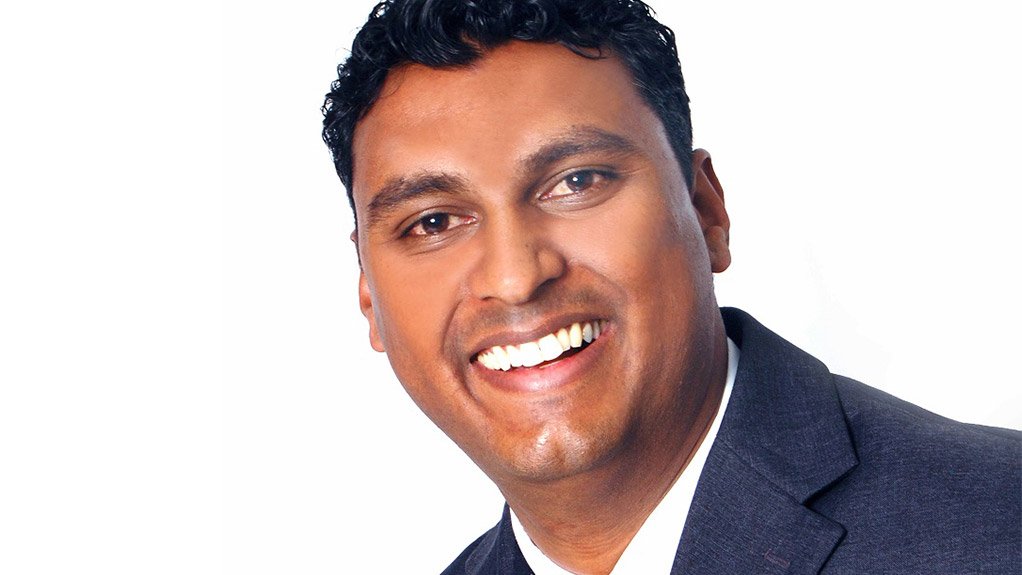The ANC’s attitude towards engineers – who enable proper service delivery – probably contributed to the party’s decline at the polls in the 2016 local government elections, says South African Institution of Civil Engineering (SAICE) CEO Manglin Pillay.
“Engineers are not welcomed at municipalities, yet they are the very people you need to design and deliver infrastructure.”
Pillay says there is only one registered professional engineer at the Nelson Mandela Bay council.
“We can’t say there is a direct correlation between the ANC losing this metro, poor service delivery and understaffed technical departments, but you have to wonder if this isn’t indeed the case.”
Pillay urges political parties taking over metropolitan councils from other parties to “learn from the ANC”.
“You need to bring in the right technical capacity to make service delivery happen.
“You need technologists and technicians, yes, but you also need professional registered engineers. These three each serve a different purpose.”
Pillay emphasises that SAICE, and other professional bodies, “are here to help local councils”.
“We have a database of 18 000 people, many of them willing to work at local councils. Engage us when you populate your structures. We’ll tell you what skills you require and even help you to fill those positions.
“Do not be tempted to appoint people who lack the required skills. Do not make a political appointment at a technical level.”
Pillay also urges against the widespread use of consultants, who will not necessary develop an innovative solution for a municipality, but rather sell an off-the-shelf solution at top dollar.
Another positive would be for local councils to limit political interference at technical departments, Pillay adds.
It is not, however, only politicians who have to rise to the occasion, he notes.
“We, as engineers, need to drop our baggage and hang-ups and work with municipalities to build stronger local government in South Africa.
“We need to be leaders, innovators, problem-solvers and philosophers again, and not so concerned with transactional engineering to the nth degree.”
This said, however, Pillay believes city engineers are grossly underpaid.
“A city engineer needs a minimum of 15 years’ experience. He or she must be a highly dynamic decision-maker and leader with in-depth technical knowledge. You can’t pay him or her R1.5-million a year; it has to be more in the region of R3-million a year.
“A city engineer must also be a professional registered engineer, and not a technologist or technician.”
Pillay says a competent city engineer will be able to put together a team of qualified people to serve any municipality.
“Rather build up a competent team in-house than using costly outside consultants working for profit.
“That R3-million will pay itself back in six months.”
The most important message, reiterates Pillay, is to welcome back the professional engineering sector into the public sector.
“It doesn’t matter who won the elections – focus on service delivery.
“Politicians need to surround themselves with the right people. Show me the people around you, and I’ll show you your future.”
EMAIL THIS ARTICLE SAVE THIS ARTICLE
To subscribe email subscriptions@creamermedia.co.za or click here
To advertise email advertising@creamermedia.co.za or click here











